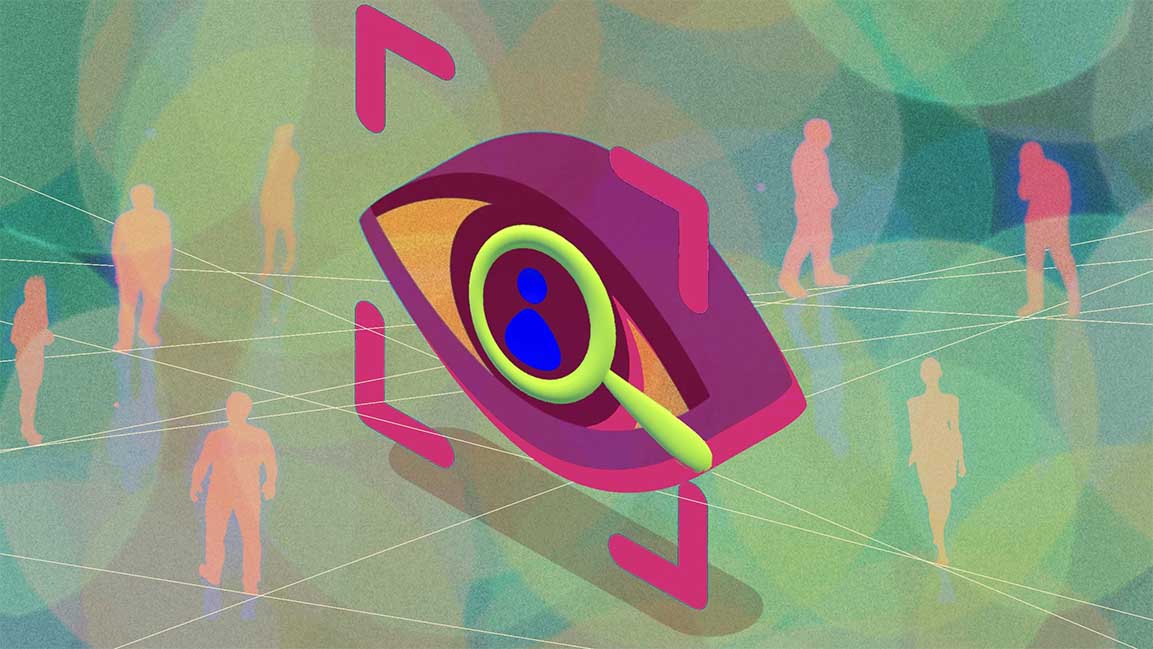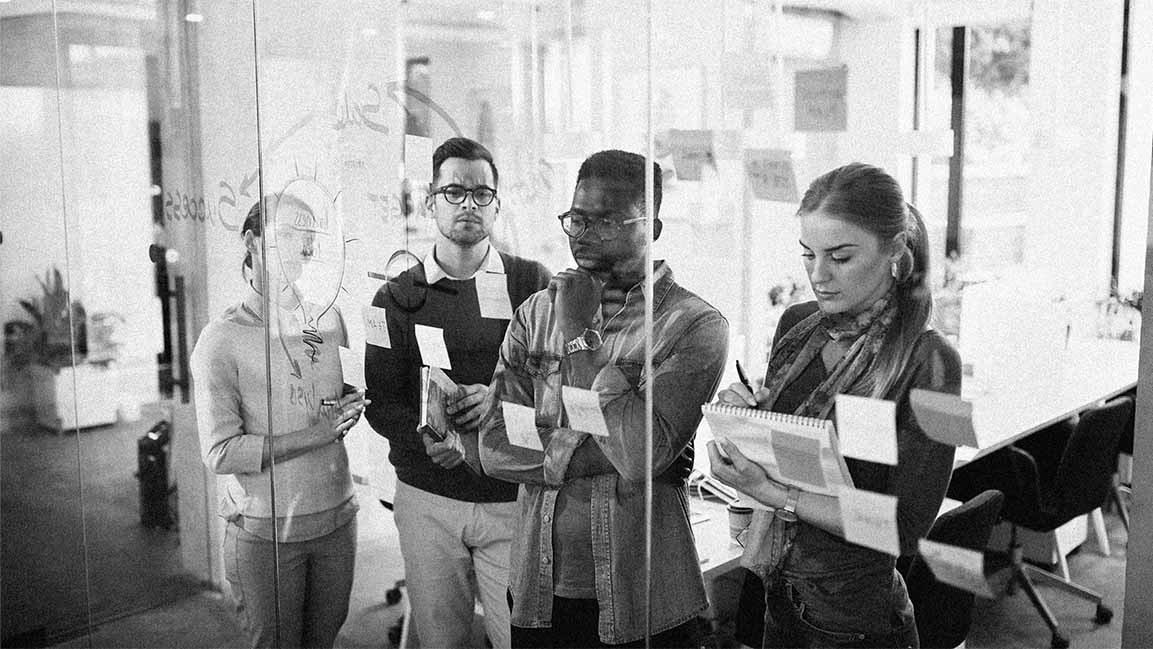- | 9:00 am
Web3.0 is changing the future of hiring. Is the Middle East ready?
Experts say Web3.0 can eliminate outdated HR procedures and streamline hiring.

Over your career, you might have had many experiences applying to job after job—each with a 45-minute application process—and then you’d never hear back.
Hiring process can take weeks or months, depending on how many CVs an organization scans manually. But what if the process takes just 60 seconds, and you are hired? While some may view this as something that could only occur in a utopian world, experts claim that it is feasible with Web3.0.
“You apply for a job. It scans the blockchain and rates your set of on-chain experiences and credentials. If you are above a certain rating, you’re hired within 60 seconds. No prejudice, no wasted time, no pain,” Greg Isenberg, CEO of a Web3.0 design firm Late Checkout, tweeted recently.
In many cases, interviewees need to perform better; sometimes, there is an unconscious prejudice that may change the interviewer’s perspective; and in some cases, candidates undersell themselves. All of these possibilities can be limited by Web3.0.
“The Web3.0-enabled internet will give you quests, adventures, and courses to prove your worth. You’ll learn and earn on-chain credentials. You’ll use your credentials to prove who you are, what your skills are, and what people say about you,” Isenberg further explained in the tweet.
Web3.0 technologies could transform recruiting and how we create and manage our digital identities. Experts predict that the Middle East will soon be at the forefront of new possibilities in hiring talent.
DISRUPTING RECRUITMENT
When it comes to resumes, one can embellish work history. It’s easy to create a fake resume that could pass the initial screening process at your company. Experts say Web3.0 can help eliminate outdated HR procedures and streamline hiring.
“Like many other industries, the recruitment industry also has the potential to benefit and be positively disrupted by Web 3.0 technologies,” says Amna Usman Chaudhry, financial economist and strategist for blockchain, metaverse, Web3.0.
Considering how fake resumes have impacted the hiring world, Chaudhry says, “As educational certifications move to the blockchain, it would be easier to verify the educational history of applicants. These advantages will similarly carry over to work experience, making it quicker and easier to validate the applicant’s work history.”
“This is because blockchain offers the advantages of transparency, trust, security, and immutability,” she adds.
It could be an appealing idea with no middlemen or job sites involved. Experts say that candidates can add their skills or any new achievements to their “resume chain” and get hired.
“One can imagine that future resumes could be represented by NFTs that include a collection of experiences and digital badges, which are updated continuously and shared along with applications to hiring managers,” says Bashar Kilani, managing director at Accenture.
“Recruitment in the Web3.0 world will be more immersive and rely on verified digital assets (badges, tokens) in an environment powered by AI and data analytics,” Kilani adds.
WORKING WITH A UNIQUE DIGITAL IDENTITY
Experts believe digital identity may eliminate significant portions of present corporate HR services and lessen bias. When personal information is used online, and an individual’s online activities generate shadow data, a digital identity naturally develops. A digital identity could, for instance, be a randomly generated unique ID or a pseudo profile connected to the device’s IP address.
“With all my encrypted master data safely stored on the blockchain, I can provide a unique digital ID to anyone I do business with. No need for my counterparts to obtain, or store in their database information on my location, sex, race, or age. All I want and need to share with them are the skills and experience I bring to the table,” Roman Kropp, former managing director at tts Transformation Consulting GmbH wrote in a LinkedIn article.
Today, technical and business certificates issued by major tech giants are badges or tokens verified by a blockchain infrastructure. These digital assets represent credentials and highlight capabilities.
“It is only a matter of time before this practice becomes the norm across industries to also cover academic degrees and certifications,” Kilani says.
In UAE, recruitment firms actively look into the metaverse and Web 3.0. Recruitment agency Marc Ellis, for instance, became the first to transition into the metaverse from UAE with its Metaverse Training Academy.
According to the agency, candidates from around the world can “visit the office” to meet with recruiters.
Job descriptions will be interactively listed in the metaverse so that candidates can view them and quickly apply. In addition, candidates would be able to experience a company’s working environment, the agency claimed, adding that blockchain technology will completely protect applicants’ anonymity.
“The culture of open source will foster and improve the hiring process,” says Eman Herawy, founder at Arabs in Blockchain and cofounder at NoonDAO. Experts say as the Internet of Jobs (IoJ) matures, a new infrastructure that manages employment-related attributes will appear. And as that infrastructure gets adopted and improves, more people will join the IoJ, creating a positive feedback loop.
Traditional HR will witness a big shift. However, Herawy says, “Lack of HR’s knowledge about the blockchain and a lack of tools and remote-work culture can negatively affect and make the hiring process inefficient.”
The industry needs early adopters and innovators as the potential of this domain, which we have barely begun to explore, is immense.








































